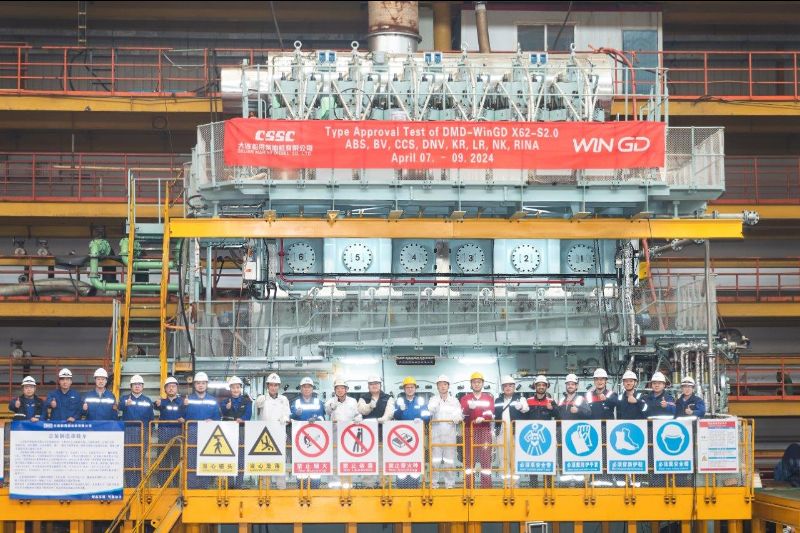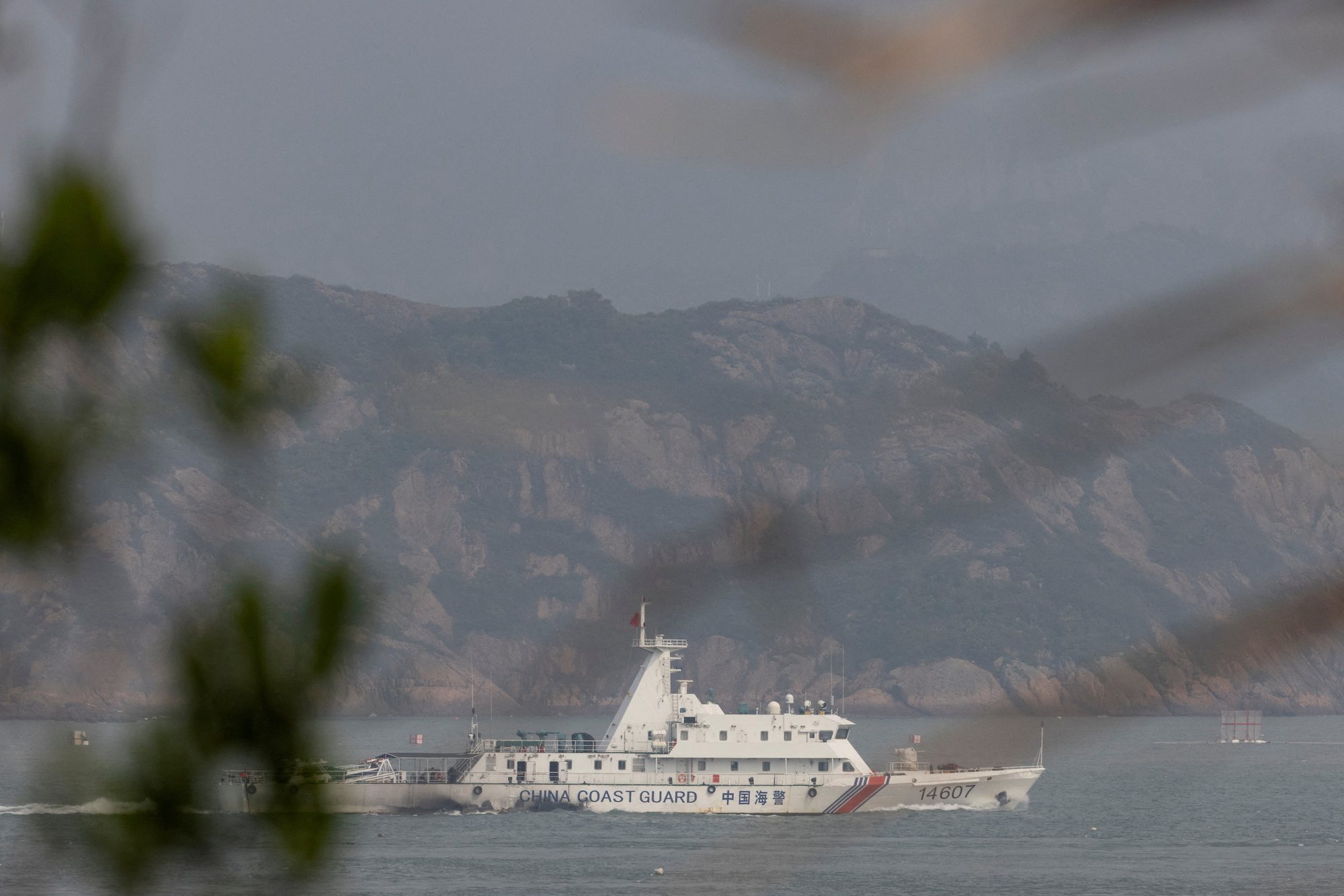
DNV: The balance between safety and environmental risk
 Oslo: “A downward trend in safety statics creates concerns and it is now time to reinstall the balance between safety and environmental risk. A greater focus on the human elements and competence in the shipping industry is needed,” said Tor Svensen, the President of DNV (pictued right).
Oslo: “A downward trend in safety statics creates concerns and it is now time to reinstall the balance between safety and environmental risk. A greater focus on the human elements and competence in the shipping industry is needed,” said Tor Svensen, the President of DNV (pictued right).
The positive trend in which the accident rate was decreasing has now stopped. In fact, it has been reversed, and navigational errors still play a dominant role. In addition, we are facing a future of more sea transportation, more ships and more technologically advanced ships.
Due to the combined efforts of the industry, including owners, charterers, classification societies and port state authorities, the accident rate decreased year by year for more than 20 years. This trend stopped almost a decade ago, and over the past few years an increased rate has been reported.
“The shipping industry is facing different challenges. There is now a high focus on the environment, and this is leading to major changes. In my mind, it is now time to reinstall the balance between safety and environmental risk. Zero tolerance for loss of life is equally as important as zero environmental damage,” Mr Svensen said when talking to the press at Nor-Shipping today.
“The industry will always have to balance safety and other priorities, but the negative trend in accident rates indicates that we are no longer managing to get the balance right,” he said.
DNV has for years collected and analysed data related to all aspects of safety at sea. Thousands of feedback forms have been addressed to major shipowners, and these have been completed and returned by all levels of these organisations – both onshore and on board vessels.
“We cannot design ourselves away from the human elements,” is Tor Svensen’s reaction to the safety developments described above. “Safety can never be completely regulated. Individual competence and behaviour will always be key elements in managing safety.”
Three important areas require focus in order to achieve further safety improvements include improving the safety culture, more effective and targeted training, and regular competence assessments of onboard personnel
“As in all industries, there are conflicting goals in shipping too. Recognising this, I believe we first of all have to focus on improving the safety culture. Secondly, the quality of training and development of more tailor-made training modules based on actual experience and competence requirements are other key issues. Finally, training has to be followed up and regular competence assessments for at least all the main officer positions are needed,” Mr Svensen concluded.
Via DNV

Subscribe for Daily Maritime Insights
Sign up for gCaptain’s newsletter and never miss an update
— trusted by our 109,123 members

Get The Industry’s Go-To News
Subscribe to gCaptain Daily and stay informed with the latest global maritime and offshore news

 Join The Club
Join The Club








